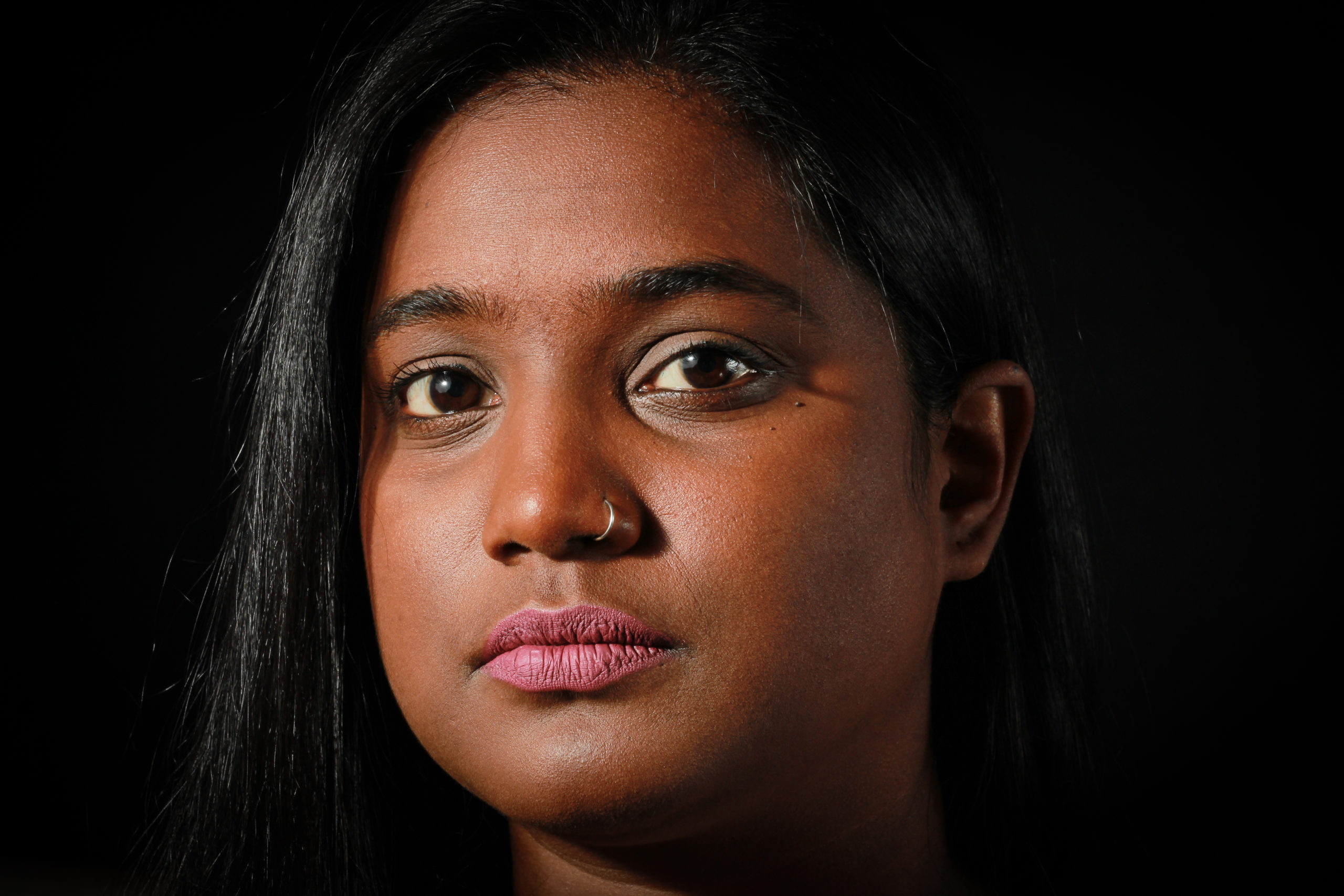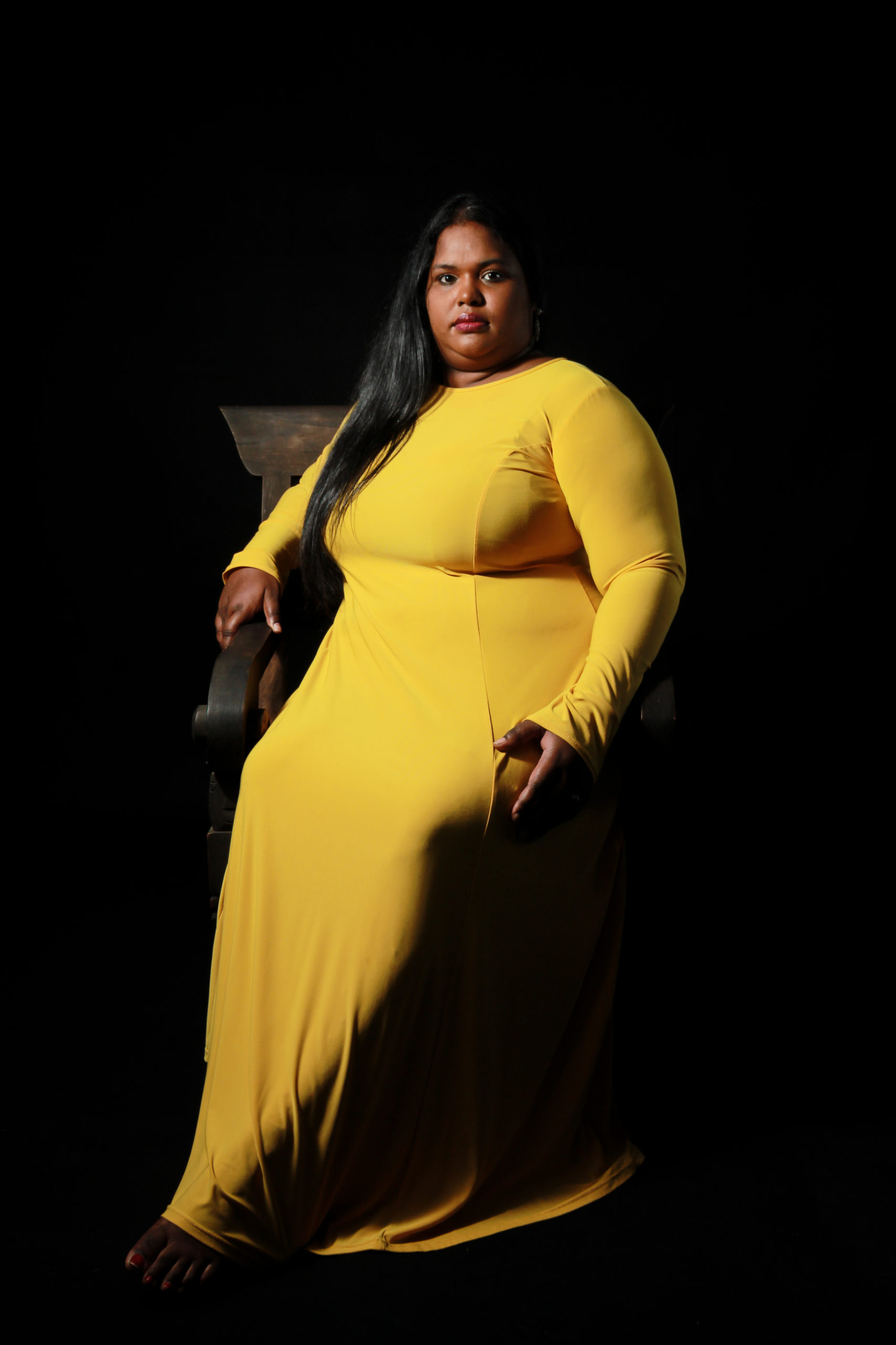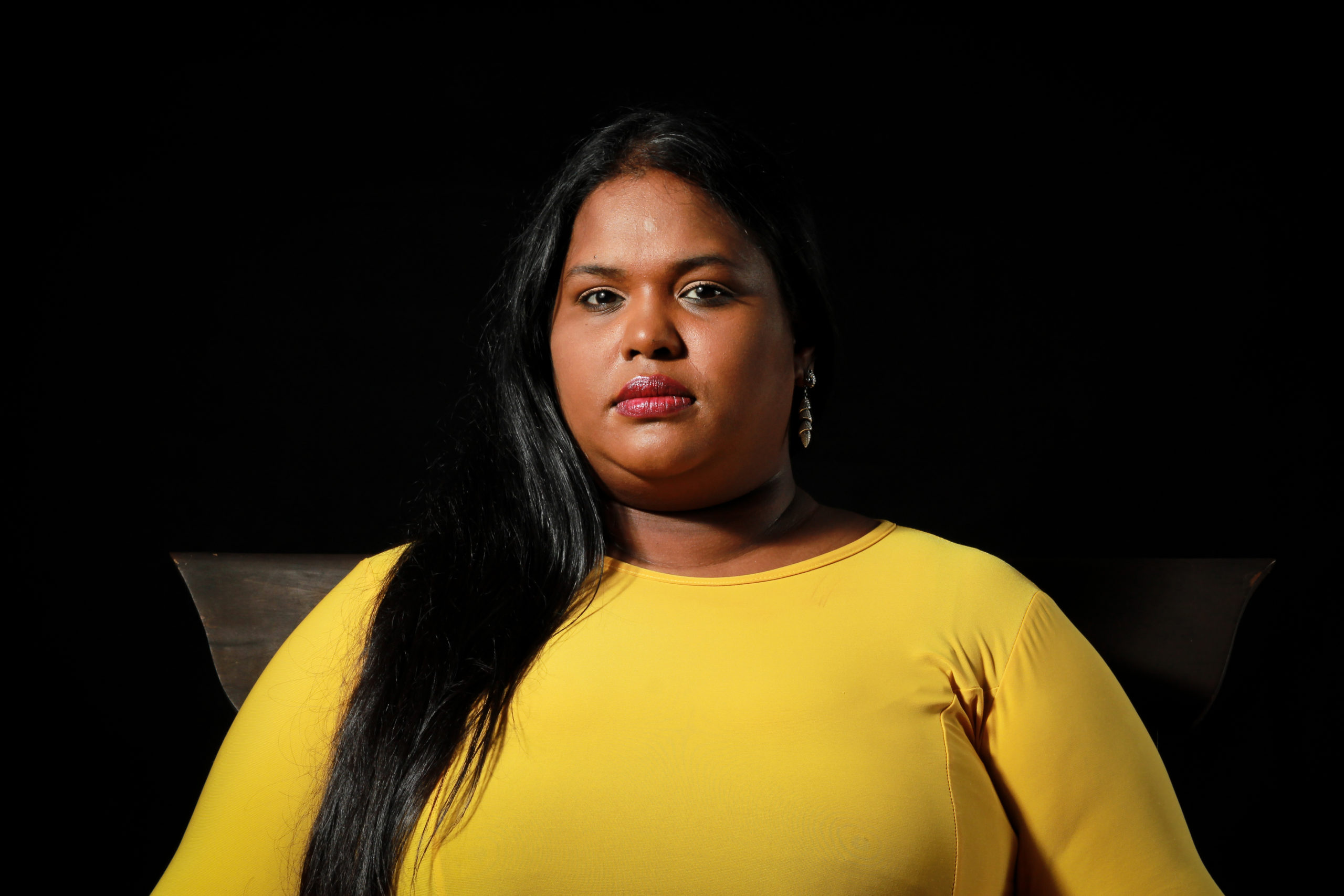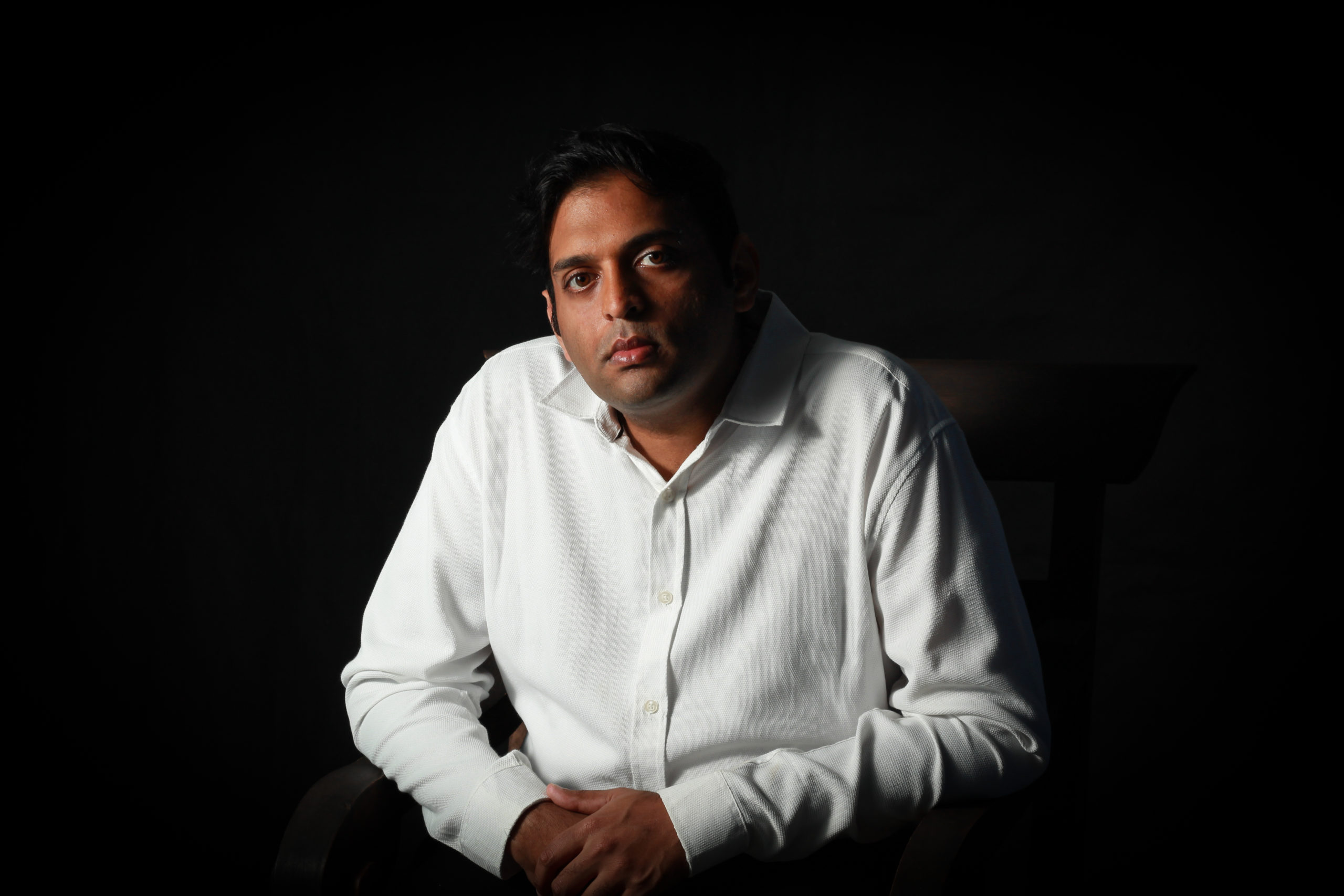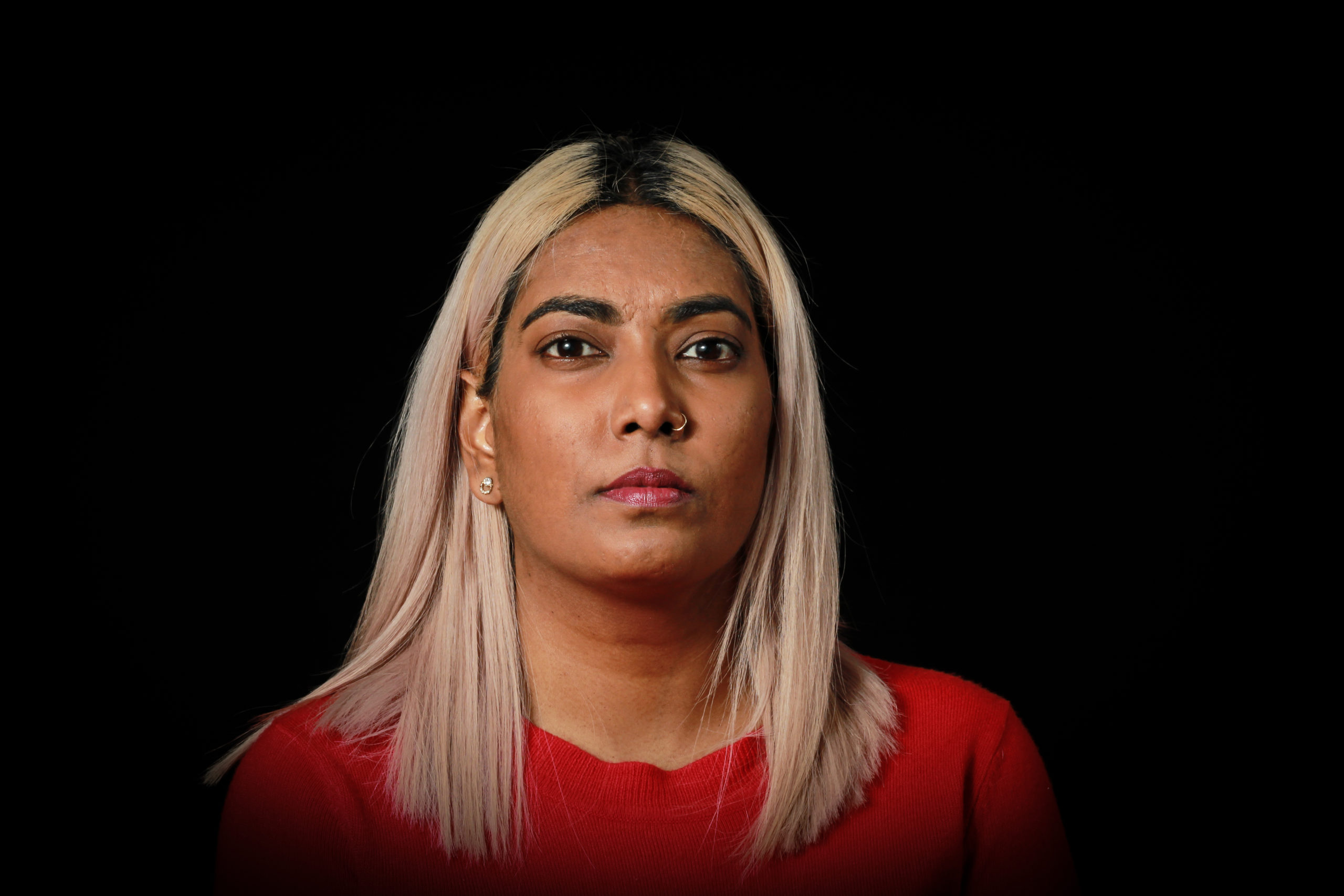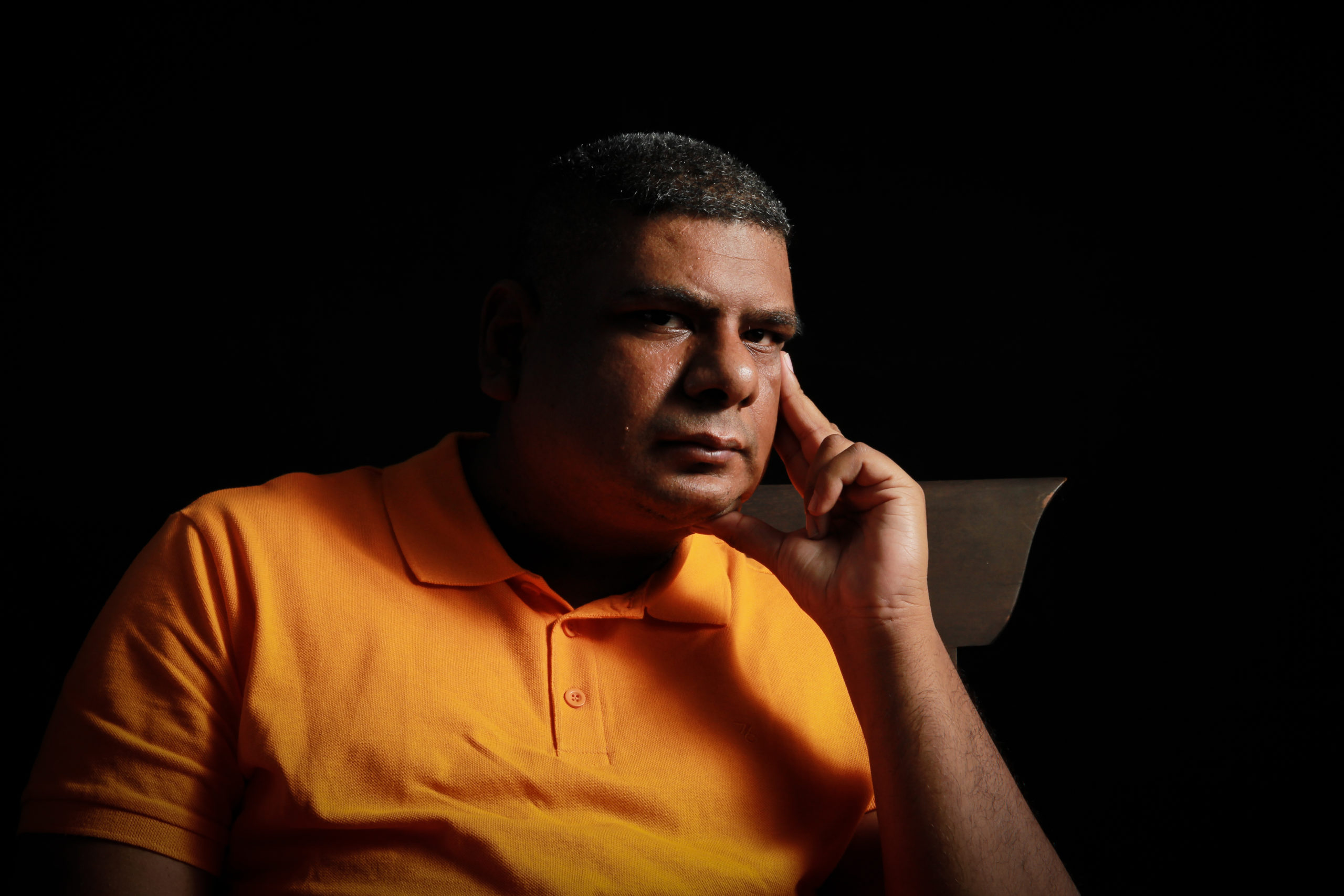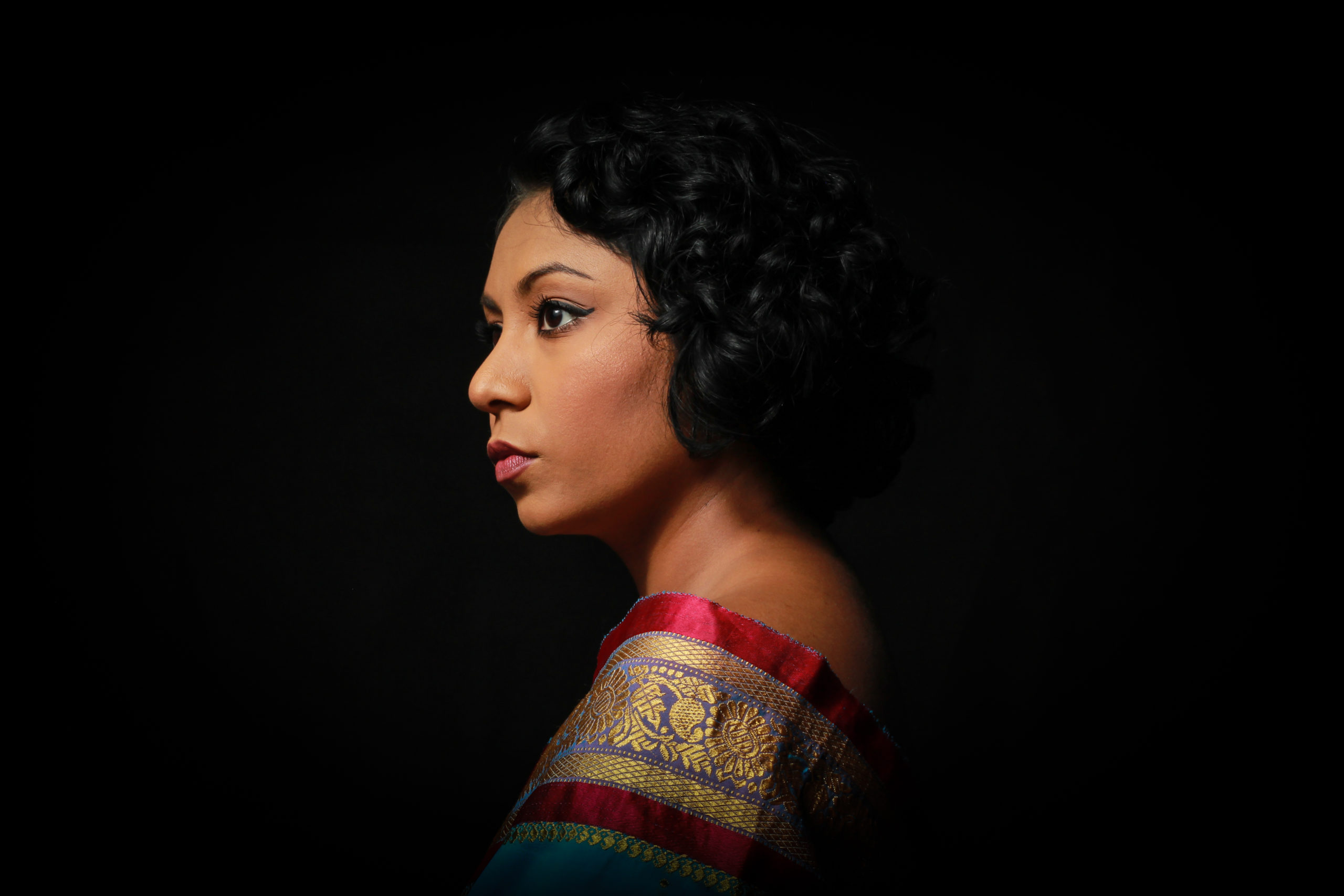
Brown on Brown
Ravi Naidoo
Brown on brown is a visual exploration of my thoughts on colourism in the Durban Indian community. It is a rumination on the intra-racial animosity that stems from colourism, and a conscious contemplation on the experience of being brown skinned in a world that has been shaped by the preference for light skin and its effect on how we live our lives and essentially how we perceive and value ourselves.
Brown on brown is about prejudice that is lived, felt and perpetuated by people in our own community to the extent that it is deemed normal and acceptable and so is never challenged or changed.
It frustrates me that as much progress as we have made as individuals, we are still actively holding each other back by clinging to our prejudices about skin colour.
The way we see the skin we live in, affects so much more than just beauty, it is a matter of dignity and self worth. Our worth is inextricably linked to skin complexion
The idea of being dark-skinned and beautiful is a concept that is foreign to the majority of Indian people. The preference for fair skin and the acceptance of ridiculing and demeaning those that are darker skinned are ways of existence that need to be questioned.
Every person of Indian descent, fair skinned or dark-skinned experiences some version of colourism, from actively trying to be lighter in complexion, to valuing your fairness as an asset to be treasured. Colourism’s insidious ideology that we have taken as fact for so long informs our actions both subtly and overt, but it does affect how all of us see skin colour and how we in turn, see ourselves.
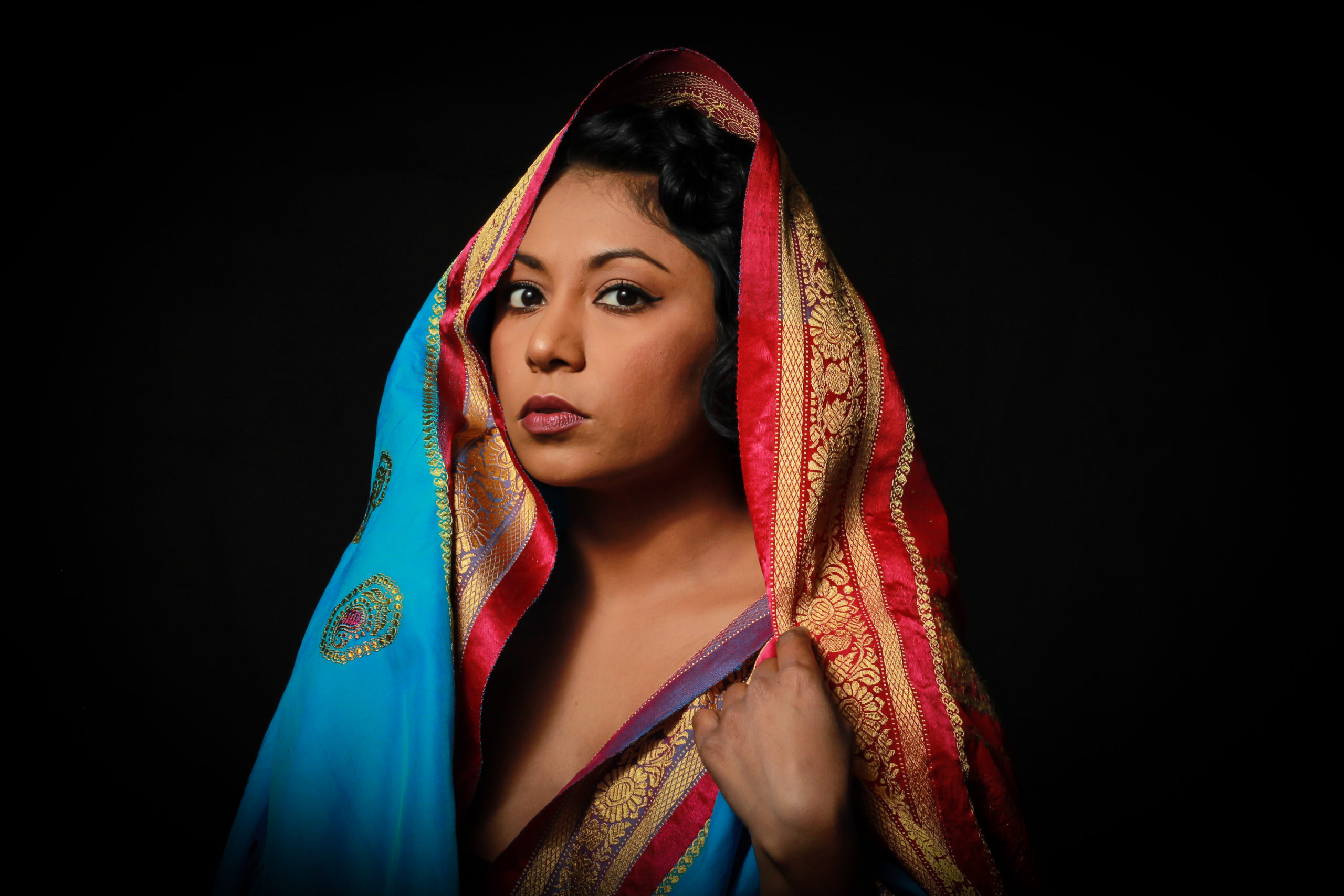
Colourism has a tragic origin, stemming from the caste system in India and its colonialist past, to the compounded effects of apartheid.
Historically as an Indian I can not ignore the role the caste system back in India had to play in how our forefathers saw complexion. The caste system divided society according to labour with the upper castes performing more intellectual roles and the lower castes the menial ones. As a result the upper castes were wealthy and educated and lived a life sheltered from physical hardship. By contrast the lower castes were poorer, uneducated and fulfilled the role of manual labourers and those that worked the fields and as a consequence got darker in complexion under the grueling tropical sun.
Under British colonialism preference was given to “fairer natives’ in the belief that the lighter skinned Indians were more civilized. Under British rule light skin colour came to be associated with the ruling class, power and desirability. Now if we take the thinking formed by ideas on the caste system and then add in our colonial past and the effects of apartheid where one’s proximity to whiteness determined ones worth, it’s clear to see that the issue of colourism has been brewing for a long time in our collective subconscious. These ideas of colour and worth have been passed down through the generations.
The disturbing fact is that Indian people today do not realise that the prejudice they hold is a form of internal colonisation. We need to decolonize our minds.
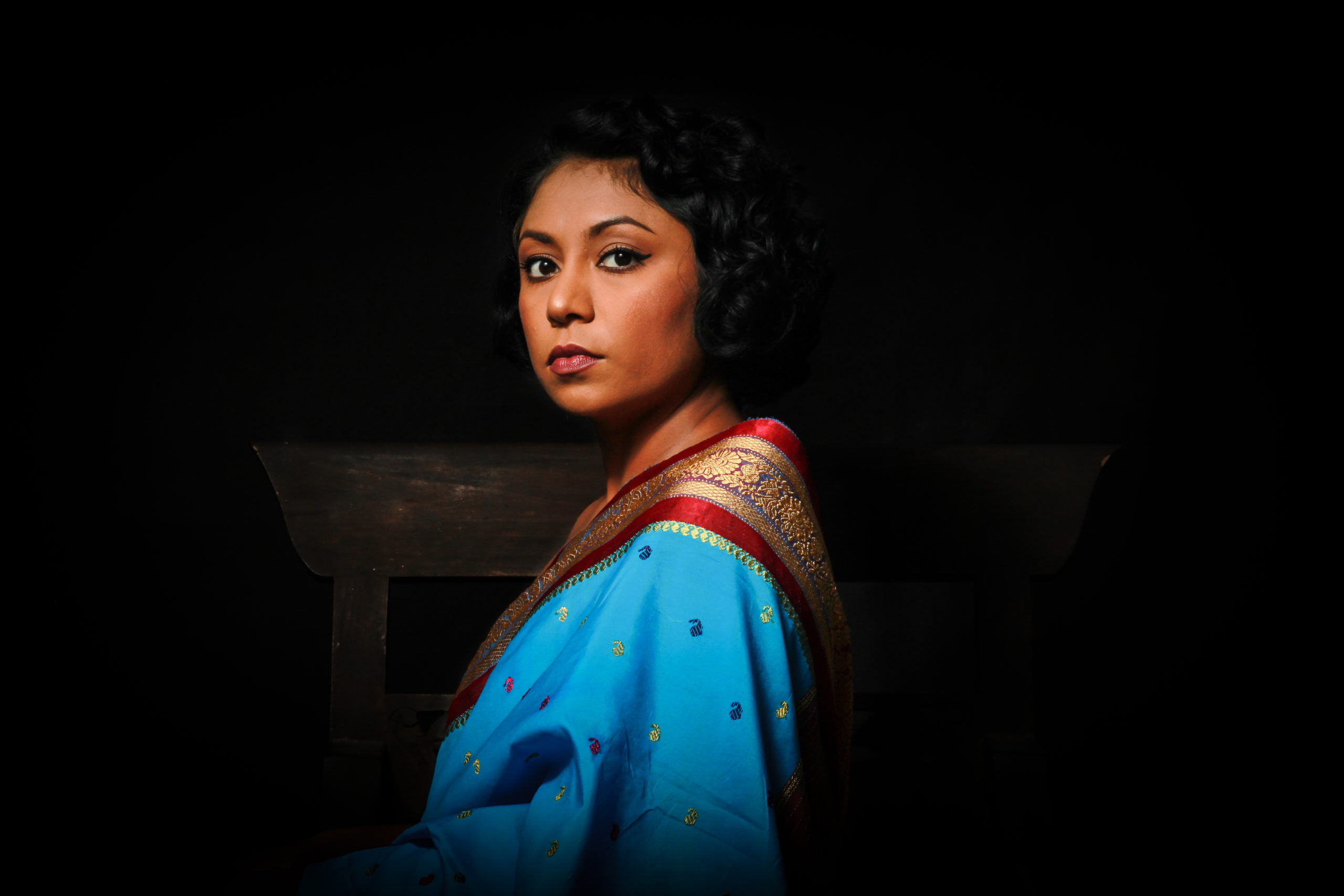
The project consists of a series of portraits of people who have shared their stories, with each person depicted as strong, bold and almost confrontational as they emerge from the darkness that surrounds them. I chose to play with shadows and light as a metaphor for the way we think and how we are pulled in many directions.
Colourism affects how every Indian person thinks about themselves and their sense of worth. Light skinned or dark the values we attach to complexion influence both our identity and actions and we all have a story to share.
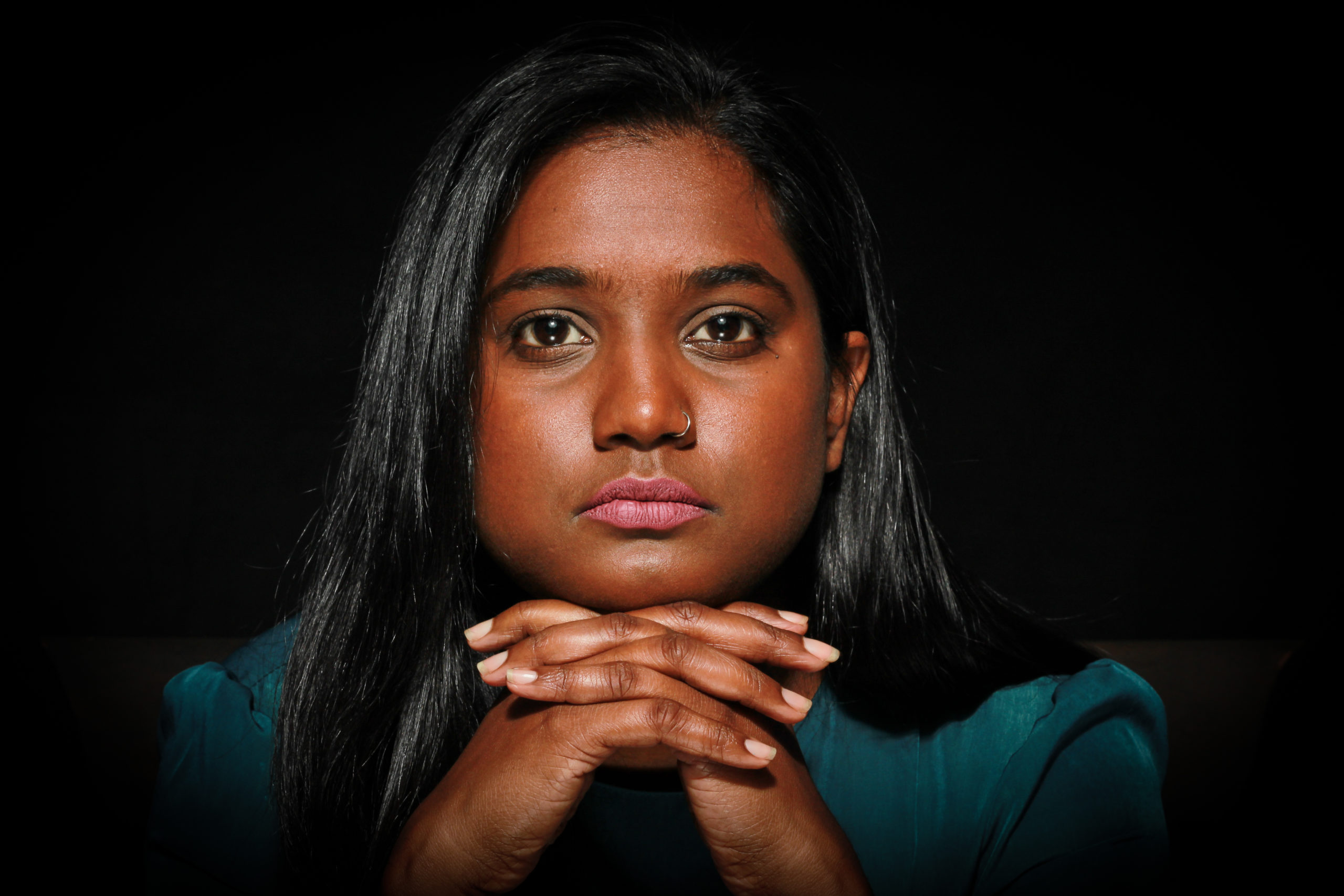
Eleanor
” I have always struggled to understand why my skin colour defines me and my importance to others.
Society has labeled dark skin Indian girls as ugly and because of this I’ve suffered hardships that no teenage girl should.
Walking down school hallways, I’d hear “black witch” being called down the passage. A “special” Valentine’s assembly turned into a nightmare by a gift of BLEACH.
The hate from them was so wicked merely because I am dark-skinned.
I’ve always thought the least about myself but because of this tormenting, it turned to self-hate and I began restricting myself from doing things any teenage girl would enjoy doing, because of the fear of ridicule.
This was something I held close to me; I dare not tell my family that something genetic was the source of evil in my life.
Where do I find value in who I am when people around me cannot accept me for the colour of my skin? “
“The hate from them was so wicked merely because I am dark-skinned.”
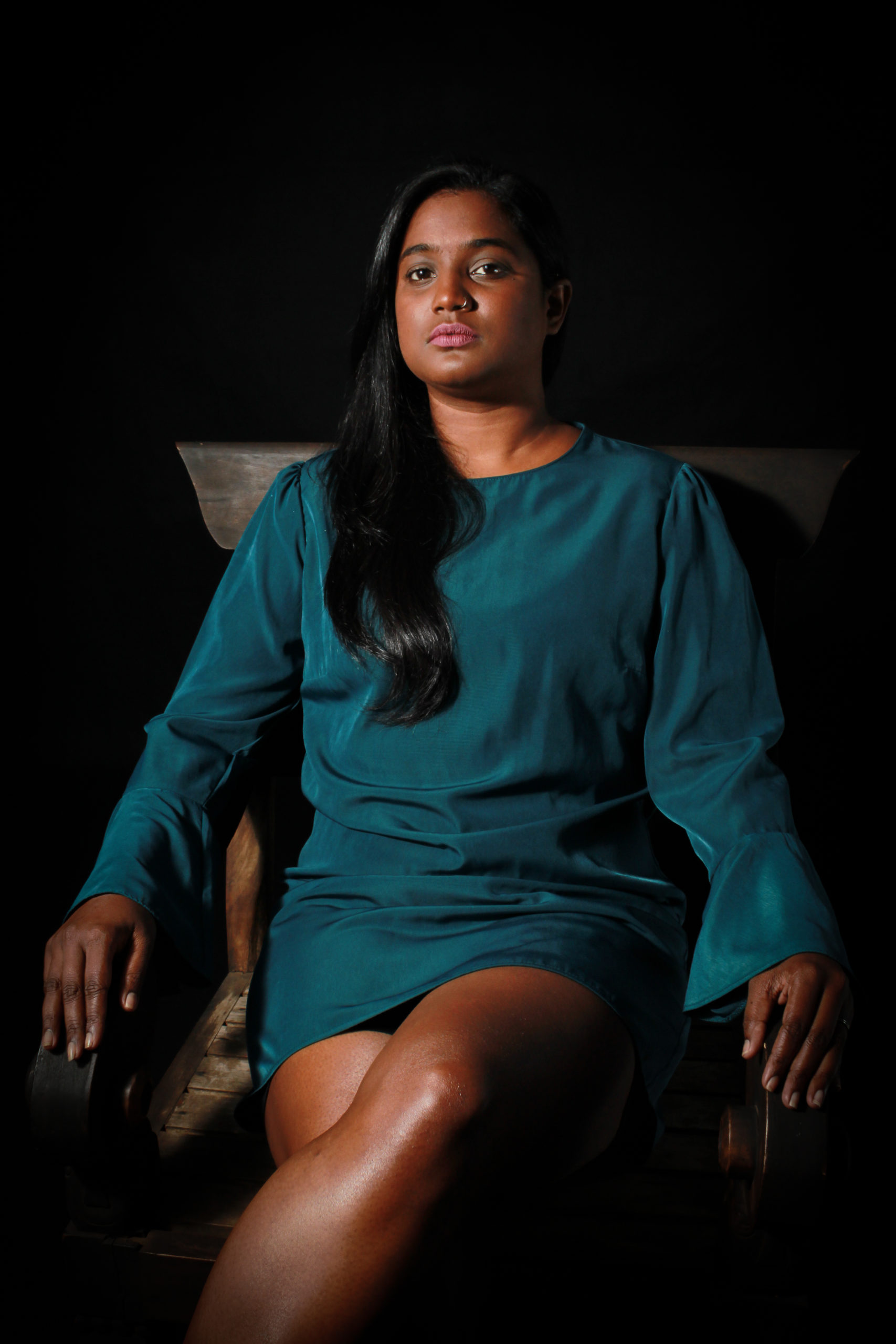
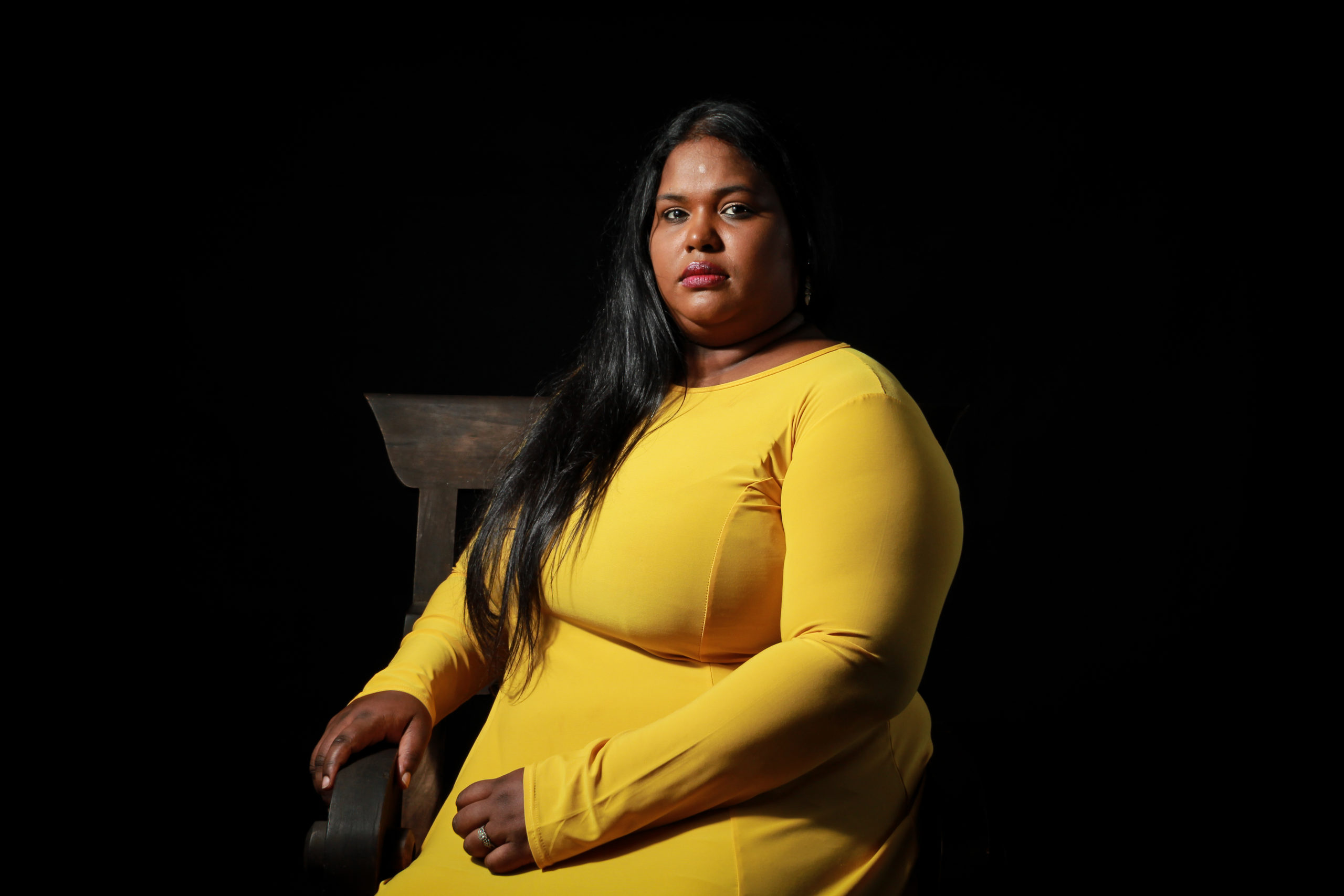
Deneka
“There are different rules for those that are dark. We don’t have the benefits of being thought of as beautiful or considered attractive. Even if you are complimented it’s usually a barbed insult: pretty, for a dark girl. It’s true that attractive people get ahead easily in life, dark people I’ve found that have to work harder for everything.
I remember being 6 yrs old and having to work to earn the affection from my aunts and uncles unlike my fairer cousins who were lavished with compliments and gifts simply because they were fair and beautiful.
Being Dark we’re taught not to stand out. We’re told don’t wear bright colours, it will draw too much attention. You will look blacker. Don’t be too loud, people will look at you. You’re made to feel ugly and small and inconsequential and expected to behave that way. We’re told from a young age not just to bath but to scrub so we can scrub off some of the black. That stays with you throughout the years. We scrub our skin with an angst that comes from willing it to change.
The worst betrayal I felt was from my best friend after being taunted at school about my dark skin. I turned to her and asked “am I really that ugly?”, she scoffed and said “you don’t want me to answer that”, Her refusal to answer confirmed what most Indian people think. Being fair is a prerequisite for beauty.
I grew up with stories from my mom on how she was mistreated by family members for her dark skin complexion, and often excluded from family functions and activities as a result of it. Raising two dark skinned daughters she tried to protect us in her own way from what we now know to be colourism. We often spoke about our experiences to each other and wondered why we weren’t good enough or worth it, to be treated the same. We were also to young and oblivious to realise that it was due to the complexion of our skin. The older we got the clearer it became.
We are the change we want to see in the world. So one step at a time, one word at a time the message will spread, there will be understanding and acceptance that there is beauty and value in all skin tones.
“Being Dark we’re taught not to stand out. We’re told don’t wear bright colours, it will draw too much attention. You will look blacker. Don’t be too loud,
people will look at you. You’re made to feel ugly and small and inconsequential and expected to behave that way..”
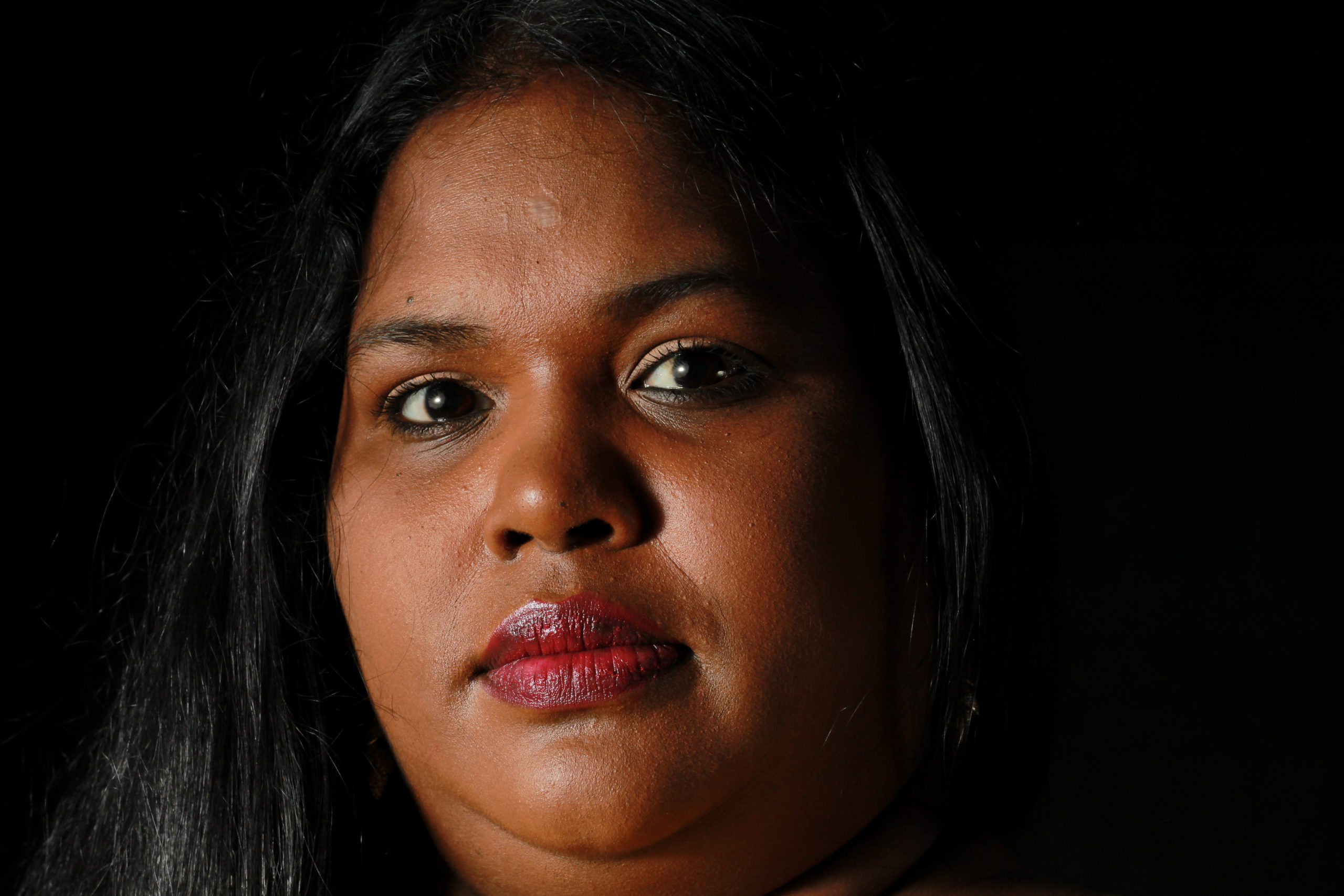
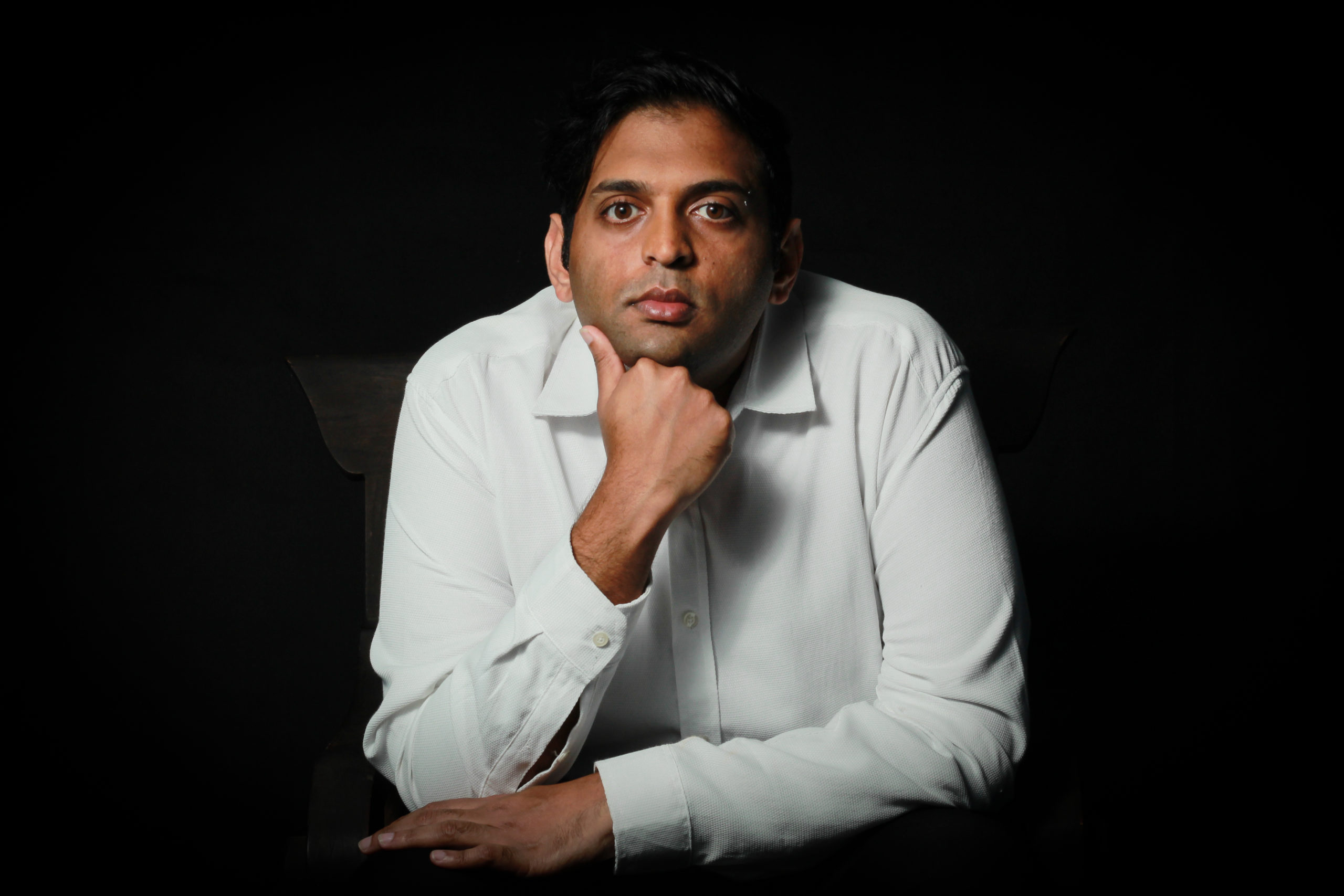
Reece
I have always seen my light skin as an asset, the feature I was most proud of and something I have actively tried to maintain. I have never questioned why until now. When you are insecure you hold onto what you are sure of and it is a trait that I’m certain has value in the eyes of the people around me .
I am an educated, accomplished a man of varied interests and yet on the basest level I still think of the colour of my skin as my defining positive trait. I did nothing to earn my skin yet it’s the attribute I hold in highest regard and is honestly the first thing that springs to mind when asked to describe myself. Being fair is so indoctrinated in us from a young age that it shapes the way we think about ourselves. It informs our internal monologue as well as our actions .
“I have always seen my light skin as an asset, the feature I was most proud of “
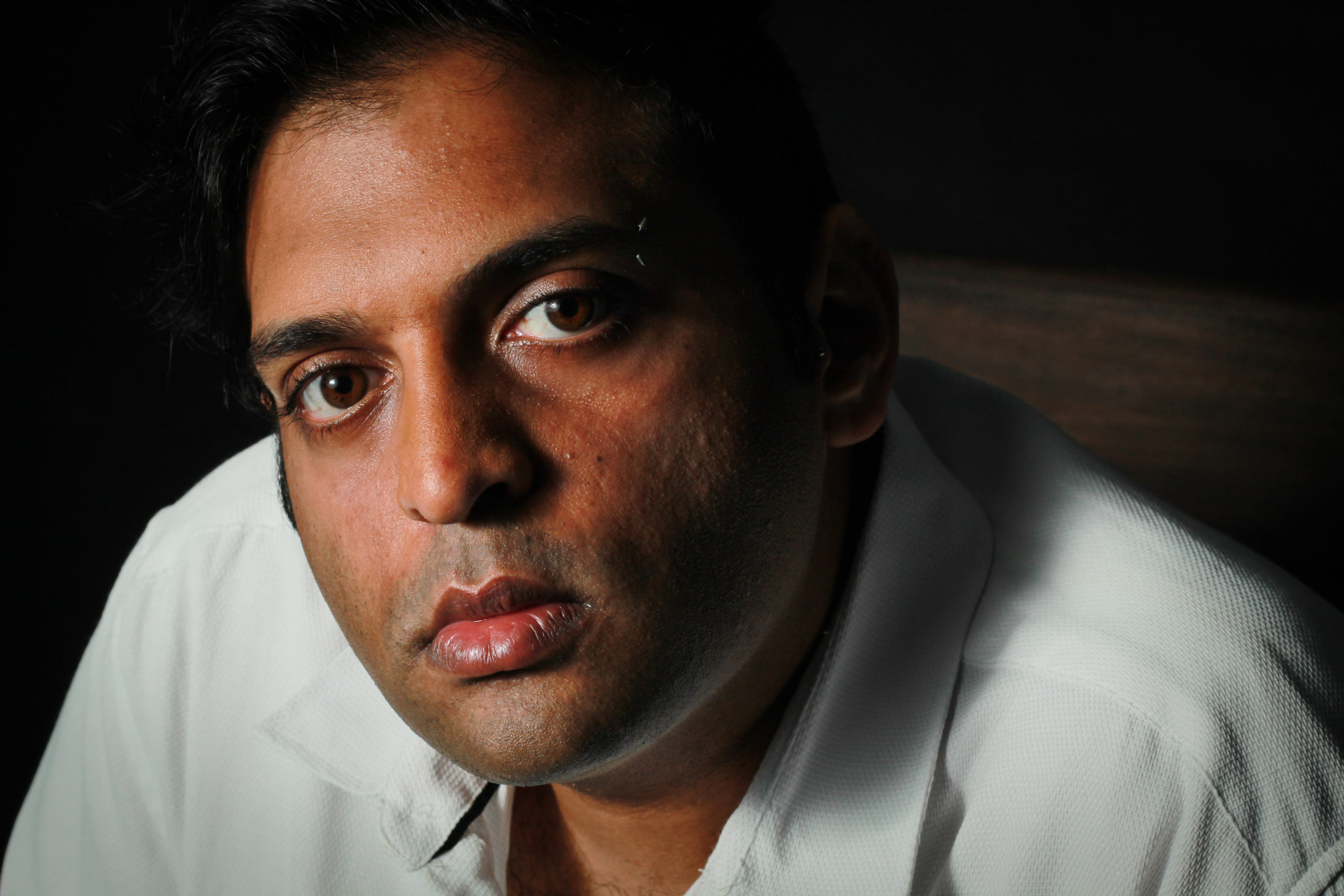
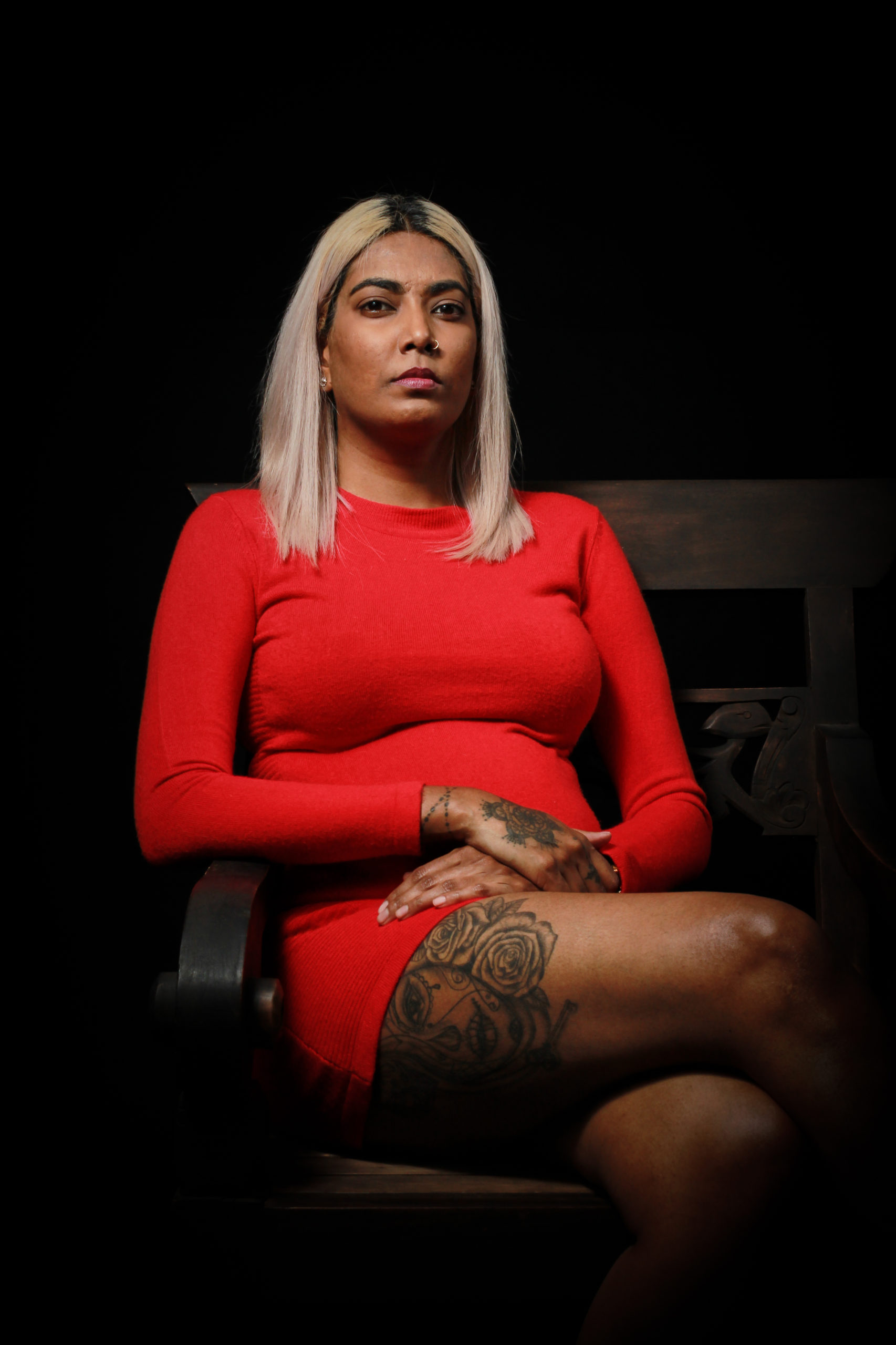
Valencia
”My sister and I look the same with one exception. She’s fairer. She was thought to be the prettier one down to complexion alone and it paved her way to a smoother, easier life. It’s a terrible feeling being compared to someone and falling short just because your skin is darker. I have never thought of myself as dark, but I am the darker one, the one on the outside looking in.”
“It’s a terrible feeling being compared to someone and falling short just because your skin is darker.”

Yogashen
”As a child we would group ourselves into teams to play soccer. For some reason it would always be Hindi Vs Tamil. Which coincidentally was fair skinned versus dark skinned. We pitted ourselves against each other in a way that is true to life.
People always assume Tamil people are dark and Hindi people are fair. Being Tamil comes with the negative connotations of being dark whereas Hindi is accorded a sense of superiority. All this animosity needs to stop. These ways of thinking about class and colour even when couched in jest are hurtful.”
“We pitted ourselves against each other in a way that is true to life.”
Brown on Brown an ongoing passion project…
If you would like to participate in the project and be apart of the conversation feel free to contact me as I will continue to collect and collate people’s experiences and would love to hear your story!

